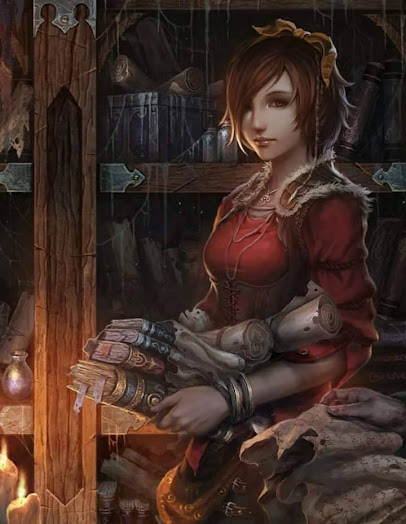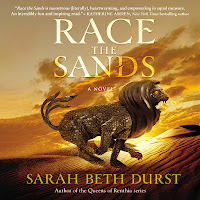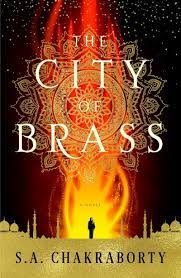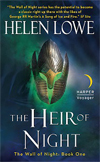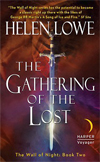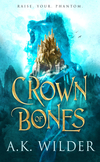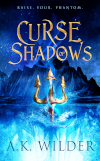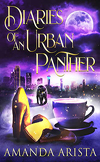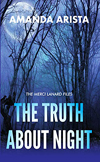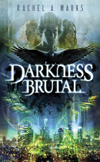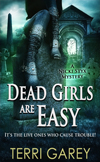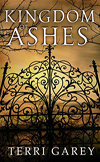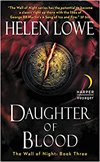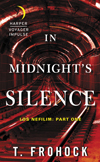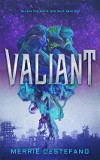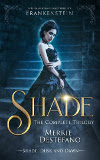.
Well, here
we are—onto the “Heroes” series at last!
Rather than
just honoring my usual m.o. and leaping in and talking about some Fantasy
heroes I like, I thought I’d start with the question, “What makes a hero?”
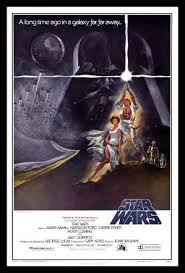 |
A farmboy/gal &/or prince/princess goes on a journey...
|
It’s an
important question for Fantasy authors, particularly at the epic end of the
spectrum, because an alternative term for “epic fantasy” is “heroic fantasy”,
with noble scions or farmboy/gals (or their urban equivalent) not infrequently
called upon to save the world.
 |
Quintessential heroic fantasy
|
The
heroic/epic overlap is very clear in a genre-defining work like JRR Tolkien’s The
Lord of the Rings. It’s a work that’s absolutely chock-full of heroes: the
four hobbits, Aragorn, Gimli and Legolas, Gandalf, Galadriel, and Elrond, and
so many more. Even a character like Boromir, who wavers beneath the ring’s
lure, dies a truly heroic death. Then there’s Lobelia Sackville-Baggins, who is
heartily disliked by her relatives Frodo and Bilbo, but is cheered by her
community at the story’s end for remaining doughty in the face of tyranny.
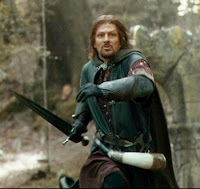 |
Boromir's heroic end
|
Looking at
more recent works, I put Ropa, in TL Huchu’s The Library of the Dead, in
the "heroes" category, along with Ash in AK Wilder’s Crown of Bones, and Diago
in T Frohock’s Los Nefilim series. And although Kristin Cashore’s Bitterblue
is a favorite heroine, the telepathic blue fox, Ad, in Winterkeep also
rocks the hero tag.
And yet, perhaps
because The Lord of the Ring’s heroic focus is so strong, many later works
have focused more on “anti-heroes” and even outright villains in the leading
role, such as Joe Abercrombie’s Yarvi, in Half A King and Half A War.
Joe Abercrombie is well-known for his grimdark fantasy, a subgenre that
does tend to focus on antiheroes, but I would argue that Thorn, the protagonist
in Half A World, and Skara, in Half A War, are more heroic than
otherwise.
Famous Fantasy
antiheroes include Waylander the Slayer, in David Gemmell’s Drenai
novels, and Michael Moorcock’s Elric of Melnibone (the Elric series.) More
recently, Nahri in SA Chakraborty’s City of Brass has decided antihero
tendencies and Venli in Brandon Sanderson's Stormlight Archive series also fits the bill.
When it
comes to George RR Martin’s A Song of Ice and Fire series (filmed as A
Game of Thrones), a considerable number of characters qualify as
antiheroes. Tyrian Lannister springs to mind, along with Sandor Clegane (the
Hound), and Arya Stark—but really, there are as many, if not more, antiheroes
in ASOIAF as there are heroes in The Lord of the Rings. ;-)
I can’t
help thinking, though, that however anti the hero—and the same goes for a
villain—if they end saving the day or the world, then for the duration of the
“hour that knows their name” (salutes Guy Gavriel Kay), they are a hero.
All of
which leads me back to what makes a hero, and to examine three criteria—three
C’s in fact—over the next few months. The first of these is “the Call.”
The Call
A great deal is made of whether
heroes are willing or unwilling, i.e. whether they heed the call willingly, or
drag their feet. For example, Robin McKinley’s Aerin (The Hero and the Crown)
is a willing hero, actively hunting the dragons that oppress Damar. Conversely,
Hari (The Blue Sword) is more reluctant to champion and save Damar.
In The
Lord of the Rings, Frodo is the most reluctant of the hobbits, whereas Merry,
Pippin, and Sam are all eager for adventure. Aragorn and Gandalf both know no
doubt, and neither does Eowyn of Rohan, who disguises herself as Dernhelm to
fight on the Pelennor Fields.  |
Eowyn as Dernhelm
|
A famous reluctant
vs recalcitrant hero is Rand Al Thor in Robert Jordan’s Wheel of Time series—but
however reluctantly, he does heed the call.And in the
end, whether willing or reluctant, paladin or antihero, if a character hears
the call, and heeds it—however late in the day—then I believe they have the
makings of a hero.
Next month,
I’ll be back to talk about the second of the three C’s, “circumstance.”
© Helen Lowe
~*~
About The Author:
Helen Lowe is an award-winning novelist, poet, and lover of story. With
four books published to date, she is currently completing the final instalment in The Wall Of Night series.
Helen posts regularly on her “…on Anything, Really” blog, monthly on the
Supernatural Underground, and tweets @helenl0we.

